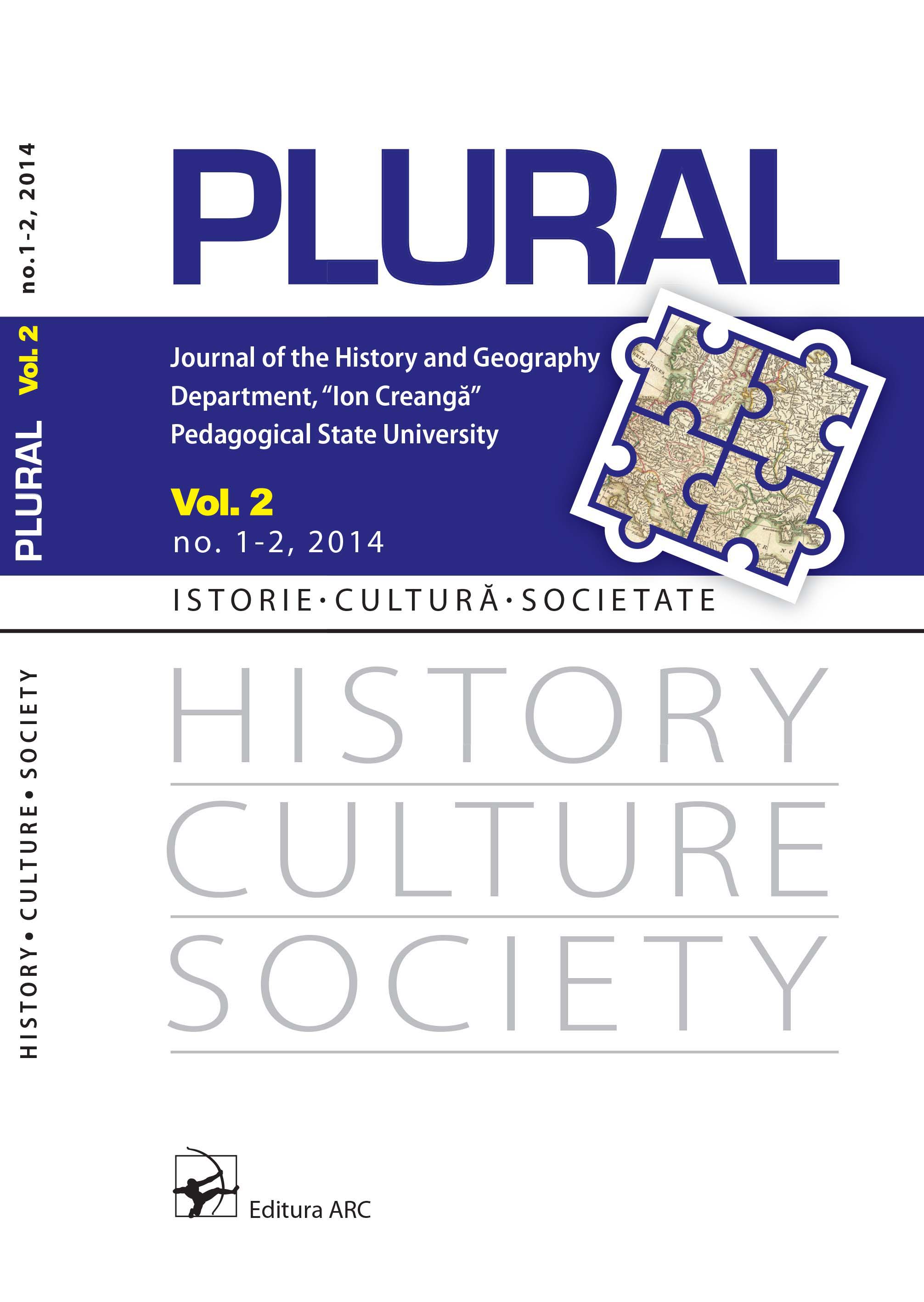The Evolution and Features of the Post-Totalitarian Political Regime in the Republic of Moldova (1990-2012)
The Evolution and Features of the Post-Totalitarian Political Regime in the Republic of Moldova (1990-2012)
Author(s): Dorin CIMPOEŞUSubject(s): History, Recent History (1900 till today), Special Historiographies:, Post-Communist Transformation
Published by: Facultatea de Istorie și Geografie, Universitatea Pedagogică de Stat „Ion Creangă”
Summary/Abstract: This article discusses the evolution and main trends of the post-Communist political regime in the Republic of Moldova. The author’s argument is based on the premise that two opposing tendencies can be discerned in Moldova’s politics between 1990 and 2012. The first was defined by a ‘neo-Communist’ resistance and revival, while the second offered a democratic and reformist perspective, currently epitomized by the project of European integration. The author provides a comprehensive overview of the political transformations during the last two decades, focusing on Moldova’s successive governments and electoral cycles in the post-independence period. A special emphasis is placed upon the uneven, fragile and contested nature of the fledgling democratic processes, constantly weakened or thwarted by geopolitical uncertainty, corruption and the uneasy balance between political pluralism and post-totalitarian tendencies. The author’s conclusion is that Moldova’s lack of progress in comparison with its neighbors was due, on the one hand, to the persistence of ‘totalitarian mentalities’ and, on the other, to the nature of the country’s transition to democracy, which was plagued by the exponential growth of social inequalities, the aggressive and generalized corruption on all levels of society, by a state with politicized and inefficient institutions and by an incompetent and immoral political elite.
- Issue Year: II/2014
- Issue No: 1-2
- Page Range: 98-117
- Page Count: 20
- Language: English

